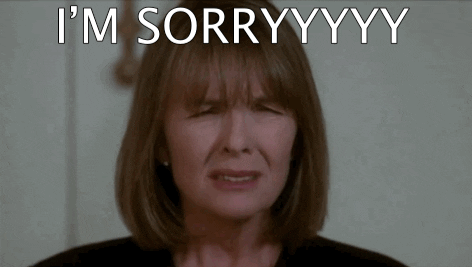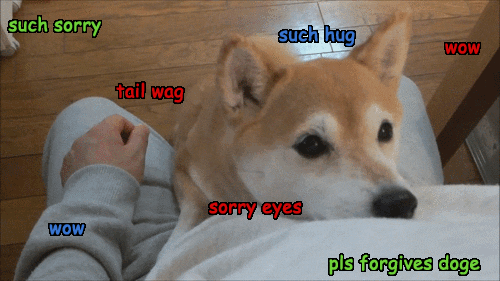How to Say You're Sorry
Apologies are not passcodes to forgiveness. They are promises to do better and acknowledgments of having faltered. (Unknown)
"In this life, when you deny someone an apology, you will remember it at a time you beg forgiveness." — Toba Beta
Start Here
As humans living in a messy world, we make mistakes, so it’s important to master the art of apology.
Apologies need the following to be successful:
Acknowledgment of the error or mistake — tardy apologies are better than nothing, but apologies are most effective right after the incident.
Acknowledgment of the impact— it’s not enough to acknowledge the error; you must also recognize the pain or inconvenience caused. This way, the person to whom you are apologizing will see that you understand why it was wrong.
A promise not to repeat your mistake — there’s no point in apologizing for something if you’re going to turn right around and do it again. Give them comfort that it won’t happen again or that you will try not to repeat it. The best apology is not repeating the behavior.
Make sure that your tone is contrite and respectful.
If possible, offer a way to make amends. You can offer to do them a favor, give them flowers, or send them a handwritten note.
Sometimes, a simple explanation of what went wrong goes a long way (especially if the mistake was outside of your control, e.g., a missed flight). Be careful not to lead with the explanation, as it might come out as an excuse and an attempt to skirt responsibility.
Talking Points
I’m sorry.
I’m so terribly sorry.
I take full responsibility.
My deepest apologies. I beg your pardon.
Can you forgive me?
I owe you an apology. I apologize.
I hope you can forgive me.
I wanted to tell you I’m sorry. I was wrong about that.
I was wrong to do that. I should have…
Please accept my apologies. Please excuse my behavior. That was wrong of me.
Please pardon me for…
I know that <the incident> hurt you, and for that, I’m deeply sorry.
I’m mortified that this happened, and please know this is not a reflection of how I feel about you or our relationship.
Please forgive me for my lapse in judgment. I know how offensive my actions must have seemed, and I’m so sorry for that.
I promise that I will never again do…
I will make every effort in my power to avoid this from happening again.
Hi <name>, I’m reaching out to say sorry for <describe your mistake>. I would never intentionally hurt your feelings.
The art of a sincere and heartfelt apology is one of the greatest skills you will ever learn."
— Jeanette LeBlanc



